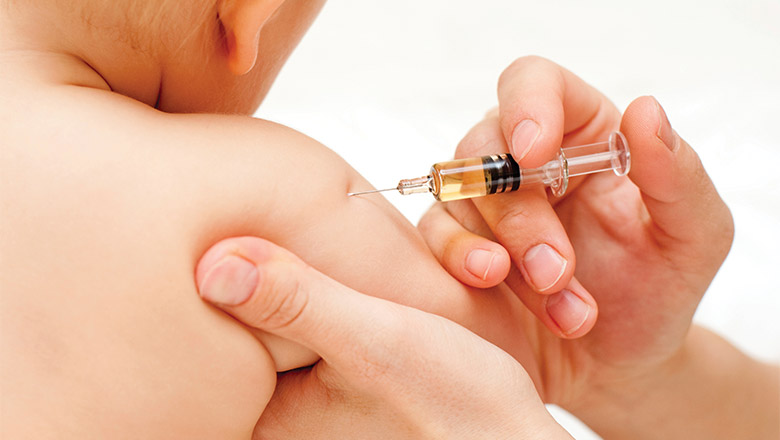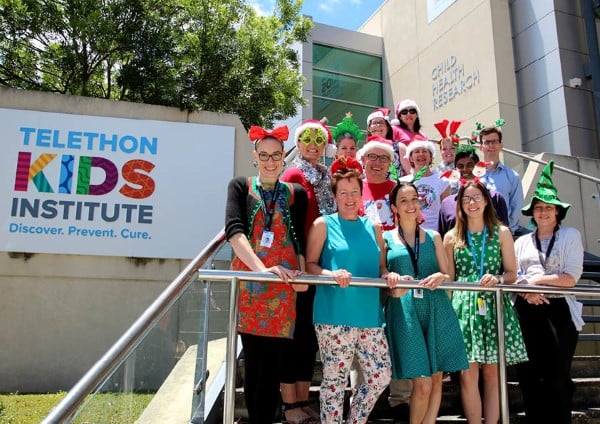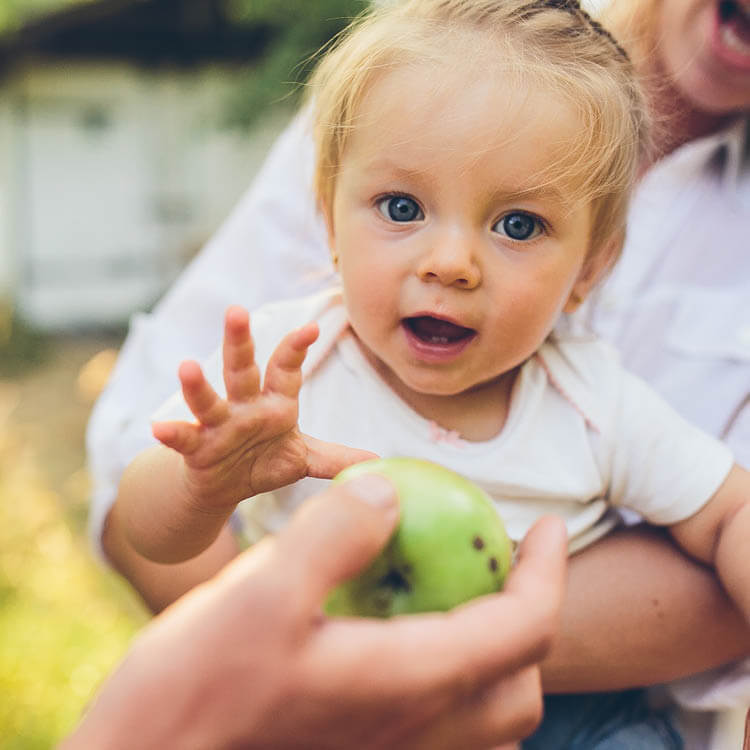Search

News & Events
Study to protect babies from flu as flu season strikes earlyParents of babies in Perth and Adelaide are being urged to take part in a landmark study to examine the best ways to keep their child safe from influenza this winter, amid a surge in serious infections.

News & Events
Childhood influenza vaccination rates improves with better accessMore children across Australia are being vaccinated against the flu since funding was expanded and access widened under the National Immunisation Program

Wrap up of the people, projects and updates from 2017 in the Vaccine Trials Group research area, and Dr Peter Richmond.
Contact us If you'd like to get in touch, please contact us by phone or email. Phone: 0400 450 240 Email: vtg@thekids.org.au Respiratory Syncytial

Meningococcal disease is caused by the bacteria Neisseria meningitidis, or 'meningococcus'. It's an uncommon but very serious disease that can result in death.
The Wesfarmers Centre is pleased to announce the successful recipients for the 2021 Round 2 Seed Funding Grants. Julie Hibbert | Validating a

Research
The STAMP RSV ProgramSTAMP RSV is a multifaceted program of work with the single focus to prepare the community for the uptake of new and emerging RSV immunisation strategies by providing the evidence to inform public health policy.
Research
Standardization of Epidemiological Surveillance of Acute Rheumatic FeverAcute rheumatic fever (ARF) is a multiorgan inflammatory disorder that results from the body's autoimmune response to pharyngitis or a skin infection caused by Streptococcus pyogenes (Strep A). Acute rheumatic fever mainly affects those in low- and middle-income nations, as well as in indigenous populations in wealthy nations, where initial Strep A infections may go undetected.
Research
Assessing the utility of routine viral surveillance performed in children undergoing autologous stem cell transplantation at a single centreWe assessed the utility of routine viral surveillance for cytomegalovirus, Epstein–Barr virus and human adenovirus in children <16 years, undergoing autologous stem cell transplantation (ASCT) at a single centre over a 10-year period. A total of 85 ASCT were performed in 65 patients.
Research
Pediatric Burn Survivors Have Long-Term Immune Dysfunction With Diminished Vaccine ResponseEpidemiological studies have demonstrated that survivors of acute burn trauma are at long-term increased risk of developing a range of morbidities. The mechanisms underlying this increased risk remain unknown. This study aimed to determine whether burn injury leads to sustained immune dysfunction that may underpin long-term morbidity. Plasma and peripheral blood mononuclear cells were collected from 36 pediatric burn survivors >3 years after a non-severe burn injury (<10% total body surface area) and from age/sex-matched non-injured controls.
